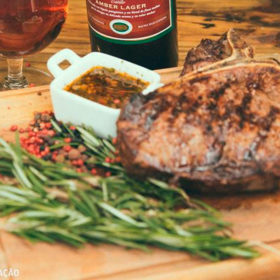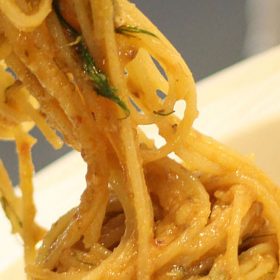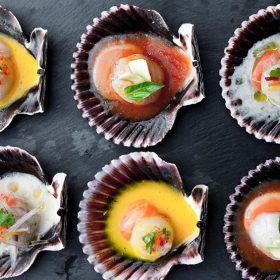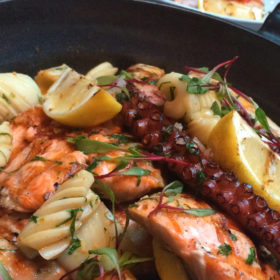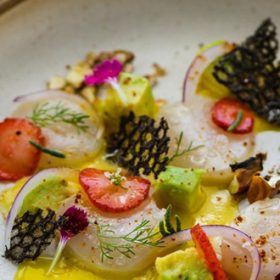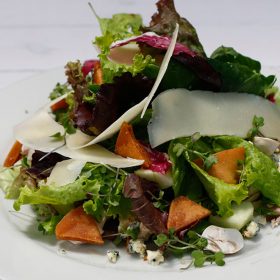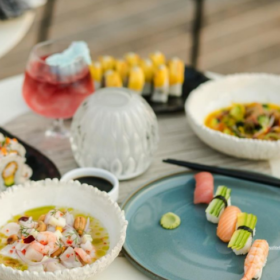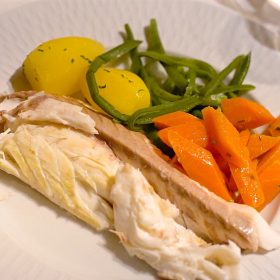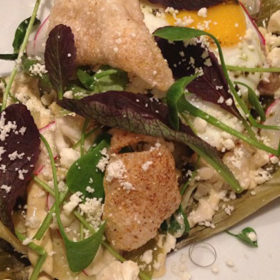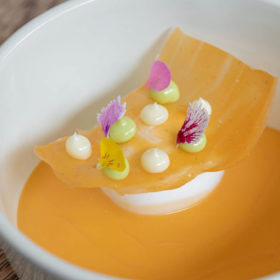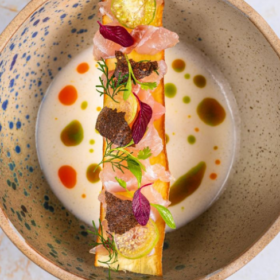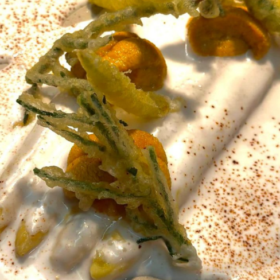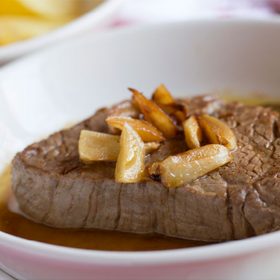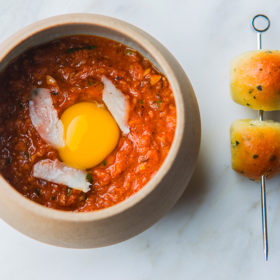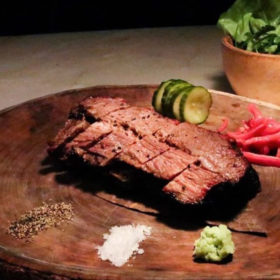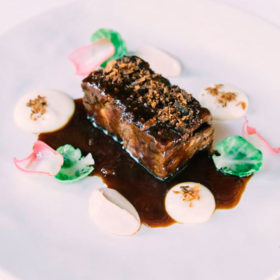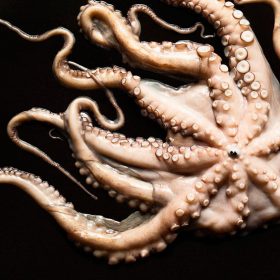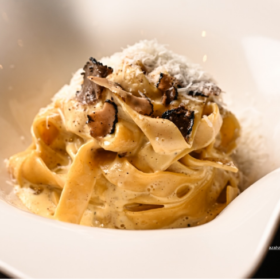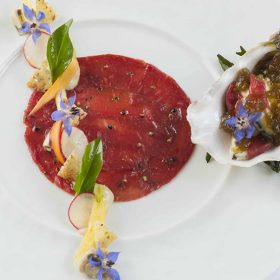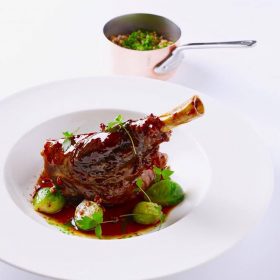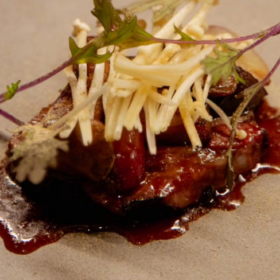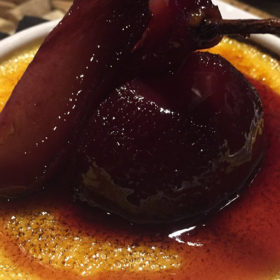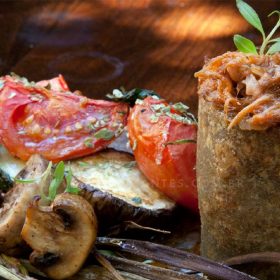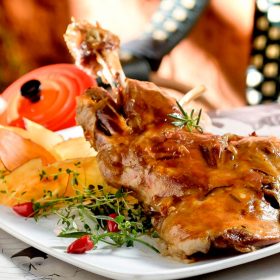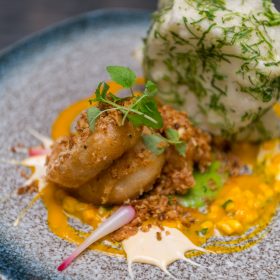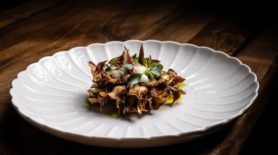Has French cooking lost it’s mojo? Super Sad True Chef Story

Super Sad True Chef Story
The French brigade system and the ritual of staging has defined what it means to train as a fine dining chef for more than a century — and it broke me after a week
hundreds of years, French cuisine was known as the finest in the world. This was something Western civilization just agreed on, like the weight of a kilogram. “French superiority,” writes Paul Freedman, author of Ten Restaurants That Changed America, “was serenely enjoyed and universally recognized.” But starting in the middle of the 20th century, French food came to be seen as chauvinistic, snobbish, and prohibitively expensive. More recently, it’s been seen as atavistic. Every year, the World’s 50 Best Restaurants list comes out with fewer French restaurants in the top 20 than the year before; 2019 was the first year that one has ever reached No. 1. Every year, another three-star French chef makes headlines for telling Michelin to take its stars and shove them. Every year, a hallowed institution is put in its place. And every time a foreign team wins the Bocuse d’Or, the biennial international cooking competition named for (and by) the late Paul Bocuse, the narrative is deepened and honed: The culinary landscape has changed, and France is being left in the dust.
For a long time I believed this narrative, in part because nowhere was it more strongly felt than in France itself. “Why do the French eat so badly?” I was asked by the irascible winemaker Jean-Marie Guffens, once named by Robert Parker as one of the top three producers of white wine on earth. “The whole world has this idea that the French eat well. They used to eat well because they ate at home, Mama’s cooking. That no longer exists.” I heard a nearly identical argument from chef Frederic Cordier, who runs the deeply classical Le Passage in Lyon: “The young today, the kids 15 to 25, have no idea how to eat because they don’t learn at home. The knowledge of French cooking is disappearing.”
Not that the French are taking this lying down. McDonald’s have been bulldozed. Quality-control syndicates in the mold of the Appellation d’Origine Protegée (which makes sure that, say, a wine from Jura tastes like a wine from Jura) are springing up like ragweed across the country. These include cartels like Les Toques Blanches, which lock restaurants into partnerships with approved purveyors, or local-product networks like Les Bistrots Beaujolais, which require that restaurants give priority to selling those vigilantly protected Beaujolais. It’s not uncommon to see as many as six different plaques on the wall outside a restaurant advertising these affiliations. In 2006, a collective of French academics and elite chefs, including Alain Ducasse and Paul Bocuse, and assisted by then-President Nicolas Sarkozy, made a much-mocked bid to persuade UNESCO to grant French cuisine World Heritage status, like Angkor Wat or Chartres Cathedral. (They settled for having it named a piece of “Intangible Cultural Heritage,” a far lesser distinction.) In 2015, the French Foreign Ministry launched a direct competitor to the (British media company-run) World’s 50 Best, called La Liste, which — surprise — restored a French chef to the rightful place at the pinnacle.
The thing is, French food didn’t become synonymous with fine dining because it was inherently more delicious. It was in large part because the training system that createdFrench cooks was far more rigorous, standardized, and effective than any other in the West. The real legacy of la gastronomie française around the world is not a collection of recipes or an abstract culinary ethos of respecting technique and terroir, but a highly militarized system of training chefs and managing kitchens. Even though kids may not learn cooking at their mother’s apron strings anymore, reports of the death of French cooking have been grossly exaggerated precisely because that training system hasn’t gone anywhere. It has simply begun — grudgingly, haltingly, and inexorably — to evolve.
read more – www.eater.com

